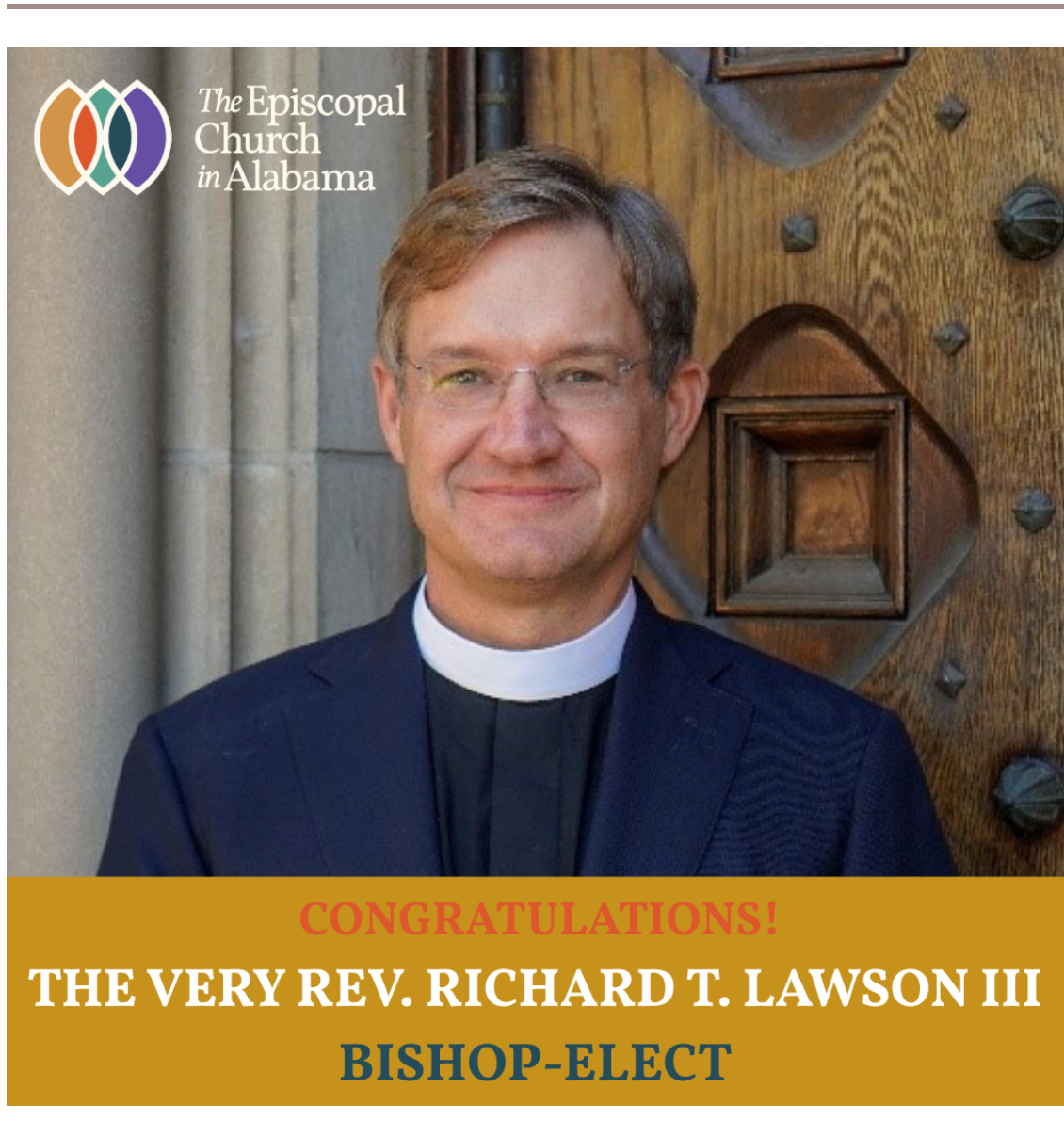What Are You Looking For?
The Rev. Charles Youngson
2nd Sunday after the Epiphany January 15, 2023
John 1:29-42
“What Are You Looking For?”
I grew up in the 80’s so it’s probably no surprise that I am a fan of the rock band U2. I even taught a Sunday school class about their music years ago here at All Saints because U2 loves to include biblical references and spiritual themes in their lyrics. For example, on one of U2’s early albums there’s a setting of today psalm simply titled “40,” which we used to sing in my Episcopal student group in college. But the song I’m thinking of this morning is a much more well-known rock anthem from U2’s iconic album The Joshua Tree. It’s called “I Still Haven’t Found What I’m Looking For.” The song is about that inner hunger we all experience, that sense that there is something missing in our lives. Author and Roman Catholic priest Ronald Rolheiser calls it the “holy longing.” We try our best to satisfy this holy longing with earthly pleasures and pursuits, but it remains. U2’s song addresses this longing with lyrics like these:
I have climbed highest mountains
I have run through the fields
Only to be with you
I have run
I have crawled
I have scaled these city walls
These city walls
Only to be with you
But I still haven't found what I'm looking for
“What are you looking for?” That’s what Jesus asks the two disciples in our Gospel lesson from the first chapter of John. A few verses later we learn that one of them is Andrew, Simon Peter’s brother. They are disciples of John the Baptist who have listened to his testimony about Jesus and are curious. Who is this man of mystery? Because despite the fact that John says a lot about Jesus, it almost feels like he is speaking in code. In just those few verses, he calls him the “Lamb of God who takes away the sin of the world,” “the one on whom the Spirit descends and remains,” and the “Son of God.”
We know from the Gospel of Luke that John the Baptist is Jesus’ cousin, but here he claims twice that he doesn’t know him. Maybe what he’s saying is that he didn’t really know him until this moment. Even though this Gospel doesn’t specifically mention that John baptizes Jesus, clearly John has a mystical insight when he sees the Spirit descend upon Jesus at his baptism. That experience convinces him that Jesus is the Son of God, the Chosen One, the true Passover lamb, who will free the world from its bondage to sin and death.
“What are you looking for?” Jesus asks. The disciples give an odd response. They answer his question with a question of their own, “Rabbi…where are you staying?” It helps to know something about the Greek here, because as he often does, John is using a bit of wordplay. The word translated “stay” here is the same word translated “remain” earlier in the passage and “abide” later in John. It means all those things: stay, remain, abide. Once again, there are two layers of meaning. Practically speaking, the disciples want to know where Jesus is staying so they can find him. But on a deeper level, they want to know where he abides, in the sense of who he is and what he’s about. It’s kind of like when we ask someone where they stand on an issue. It’s a question about his identity. But instead of giving them his business card, Jesus responds with an invitation: “Come and see.”
Jesus doesn’t say much about his identity in this section of John, but he allows others to give him a whole bunch of titles: Lamb of God, Son of God, Rabbi, Messiah, and later in the chapter Son of Joseph and King of Israel. Each of these titles tells us something about his identity, but each one also tells us something about what the disciples are looking for. Jesus neither confirms nor denies these titles at this point because he wants the disciples to go deeper than words. And so, he invites them to “come and see.”
After all, titles are labels, and labels have a way of ending the discussion and shutting down further exploration. We believe that once we’ve named someone, we’ve figured them out. “Oh, that’s John; he’s a doctor.” Or, “That’s Barbara; she’s the school principal.” Jesus allowed himself to be called by many titles as a way of inviting us further into the mystery of who he is. The titles we give to Jesus say as much about our identity as his. The titles have a lot to do with how we answer the question, “What are you looking for?” Because names and titles are also a powerful symbol of connection. Jesus invites us to name him, not so that we can solve a puzzle, but so that we can establish a relationship. The title is a doorway into the home where we can first come and see who’s inside, and then ultimately stay, remain, and abide with him.
Throughout my life I’ve always introduced myself as Charles, but I’ve been called Charlie, Chuck, Chucky, Chuckles, and Chaz. I can tell a lot about a person by what they choose to call me. And Jesus wasn’t opposed to giving out nicknames either. At the end of the passage, he renames Simon “Cephas,” an Aramaic word that means “Rock.” Throughout most of the New Testament, Simon is referred to by a form of “Rock” that comes from Greek, Peter. And we see Peter live up to his nickname in both positive and negative ways. He defends Jesus fiercely and also falls short in the moment of truth. He is a stand-in for everyone who would follow Jesus, a flawed man capable of greatness.
Humans are unlike other creatures in that we are conscious of our limitations all the time. We long to do great things, but we constantly run into physical, mental, and emotional limits. We only have so much time in a day and money in the bank. Our bodies age, get sick and tired, and eventually die.
We also experience limits in terms of sin. We rebel against God’s will seeking selfish and short-sighted goals that ultimately harm ourselves and others. The problem of sin goes far beyond an individual’s misdeeds. We’re caught in a spiderweb of sin that began before us and will continue beyond us. That’s why John the Baptist refers to the sin of the world not the sins.
The fact that we live in a world of limits is bound up with our sin. We fear there will not be enough, that we are not enough, that we won’t have the things we need to survive and be happy. And so, we keep looking for shortcuts to the good life. And we still haven’t found what we’re looking for.
But human beings are also unique in that we sense that there is something within us that is limitless, divine, and eternal, something we didn’t earn or create. It’s this mystery that enables us to believe that our true identity is not defined by our physical limits or our sin. Our true identity is somehow connected to the Source, the one we call God. It’s this connection that enables us to believe in the power of prayer, to believe miracles are possible, and most importantly to believe that God is with us even when everything else in the world seems to be against us.
So maybe if we really want to find what we’re looking for, we should first look within. That’s where we find Christ. The journey begins just as it did for those two disciples who decide to follow Jesus, to come and see where he was staying. He doesn’t demand blind faith or slavish allegiance. He invites us to come and see for ourselves so that we might believe and stay, remain, abide, and rest in his presence.
At the end of U2’s famous song, Bono sings
I believe in the Kingdom Come
Then all the colors will bleed into one
But yes I’m still running
A lot of times we assume the Christian journey is mostly about the future. Yes, we do believe that a time is coming when God will make all things right. Our future hope is what we honor during the season of Advent, which ended in our Christmas celebration a few weeks ago. But we can’t live in the future.
Bono then sings,
You broke the bonds
And you loosed the chains
Carried the cross
Of my shame
You know I believe it
Other times we assume the Christian journey is mostly about the past, what Jesus did 2000 years ago halfway across the world. And we do believe that what happened on Good Friday changed the world forever and opened the way of salvation. But we can’t live in the past either.
As important as the future and the past are in our tradition, the Christian faith is actually focused on meeting Jesus in the present. Christ is already here in our innermost being. If we were to ask Jesus, “Where are you staying now?” would he quote the Creed and tell us that he is seated at the right hand of the Father. Maybe, but I bet he would say that he dwells in our hearts guiding us, strengthening us to live powerfully within our limits. He is both at God’s right hand and as near as our breath. What good news it is that we don’t have to become perfect to find God. We would quickly fail if we tried. We can find what we’re looking for. We can find whom we’re looking for by looking within. We simply have to trust that God is at work through us, perfecting us through his grace-filled loved.
More Announcements







